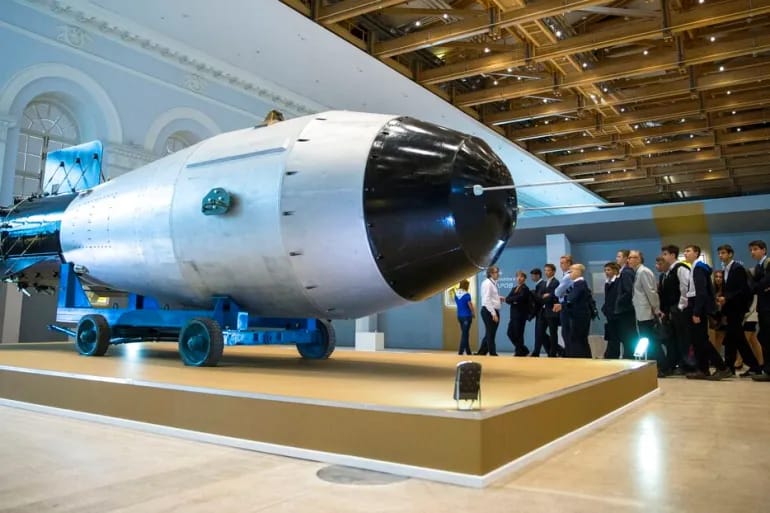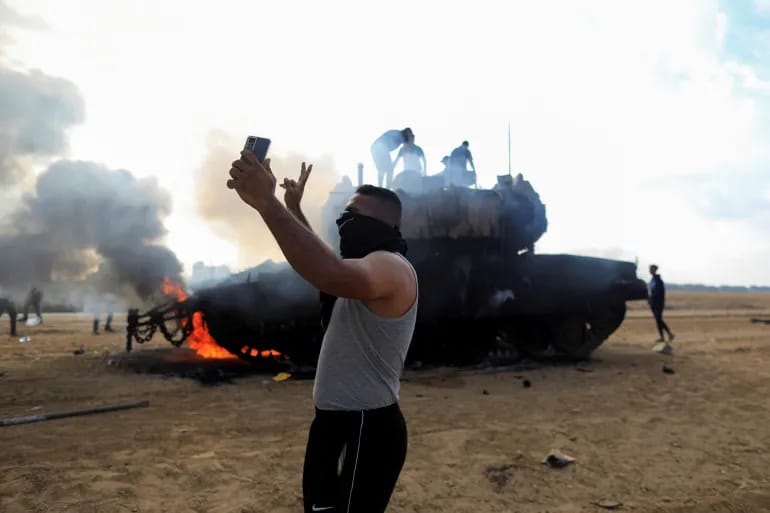Russia has announced its intention to reverse its ratification of the Comprehensive Nuclear-Test-Ban Treaty (CTBT), a landmark 1996 agreement aimed at prohibiting nuclear weapons testing. The announcement by Russia’s envoy to the Comprehensive Nuclear-Test-Ban Treaty Organization (CTBTO), Mikhail Ulyanov, has elicited strong reactions from the United States and global leaders, further exacerbating tensions between the world’s two largest nuclear powers. This decision comes at a critical juncture amid Russia’s ongoing invasion of Ukraine and heightened international scrutiny of nuclear disarmament efforts.
Russia’s Surprising Reversal
In a surprising turn of events, Russia’s envoy to the CTBTO, Mikhail Ulyanov, declared on Friday that Russia plans to revoke its ratification of the Comprehensive Nuclear-Test-Ban Treaty (CTBT). This treaty, which Russia had ratified in the year 2000, has long been a cornerstone of global efforts to prevent nuclear weapons testing. Ulyanov emphasized that this move was not indicative of an intention to resume nuclear testing but rather aimed at achieving what Russia perceives as “equal footing” with the United States, which has signed but not ratified the CTBT.
US Expresses Concerns
The United States swiftly responded to Russia’s announcement, expressing deep concern about the development. A spokesperson from the US State Department voiced their apprehension, stating that “a move like this by any state party needlessly endangers the global norm against nuclear explosive testing.” The US, while not ratifying the CTBT, has observed a moratorium on nuclear weapons test explosions since 1992. The State Department further criticized Russia’s actions, accusing Moscow of wielding arms control and employing irresponsible nuclear rhetoric in an apparent attempt to pressure the US and other countries that support Ukraine in its struggle against Russian forces.
Uncertainty Surrounding Russia’s Intentions
Russian President Vladimir Putin added a layer of uncertainty to the situation by suggesting that Russia might reassess its ratification of the CTBT to align with the US’s stance. Putin noted during a forum with foreign affairs experts that while some have debated the need for Russia to conduct nuclear tests, he had not yet formed an opinion on the subject. The decision, he emphasized, would ultimately rest with the members of the Russian State Duma. Kremlin spokesman Dmitry Peskov clarified that revoking Russia’s ratification did not signify an intention to resume nuclear tests but was intended to “bring the situation to a common denominator” with the US.
Global Concerns and Calls for Reaffirmation
The international community has been quick to respond to Russia’s decision. UN Secretary-General Antonio Guterres urged all nuclear weapon states to publicly reaffirm their commitment to the CTBT and their moratoriums against nuclear testing. Robert Floyd, the executive director of the CTBTO, expressed deep concern, stating that it would be “deeply unfortunate if any State Signatory were to reconsider its ratification of the CTBT.” He emphasized the significance of the CTBT in establishing a powerful norm against nuclear testing, underscoring its contribution to international peace and security.
In a world already grappling with geopolitical tensions and the specter of nuclear proliferation, Russia’s reversal of its CTBT ratification raises critical questions about the future of global disarmament efforts. As diplomatic discussions and international pressures mount, the world watches anxiously, hoping for a resolution that preserves the hard-fought gains in nuclear arms control and ensures the continued safety and security of our planet.
















